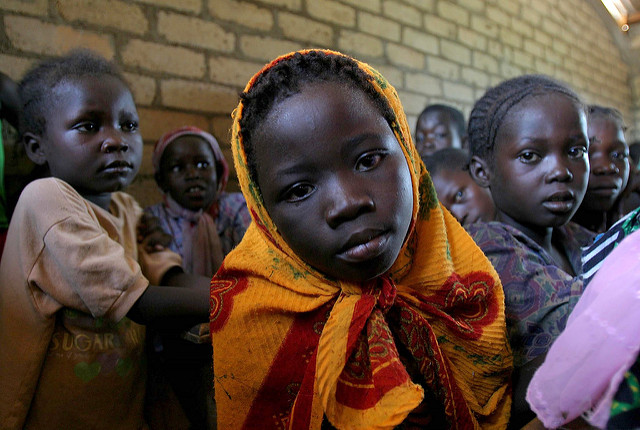TB writes:
“You recommend getting seeds from low-chill fruits to experiment with/grow fruit trees from seed (for Florida). However, recognizing that fruit tree seeds have random genetics, that suggests that low chill adaptation might not be inherited. Also, experience with apples suggests that some high-chill varieties can do very well in the tropics. [Irvine, California – in Orange County – used to be a commercial production area for apples!]
Good questions.
I am not at all against experimentation with planting seeds from fruit trees outside their “proper” range. However, there are a few different questions and assumptions we need to untie here before I get into that.
The reason I recommend planting seeds from varieties that are known to produce in your chill range is because fruit tree seeds do not have truly random genetics.
There is variation in what you’ll get, most certainly, but it isn’t a crapshoot any more than when you have children.
I’m of mixed German and Anglo-Saxon heritage. My wife is mostly Anglo, Irish, and Welsh. We are solidly European in our genetics.
None of our children look like this:

Or this:

Instead, my children look pretty similar to my wife and me. Their eye colors range from blue to grey to brown, and some of the children have brown hair, while others have blonde—but there’s definitely a similarity in build, complexion, facial features, and even temperament among our children.
The apple, as they say, does not fall far from the tree.
Genetics in fruit trees are similar. I recommend planting seeds from low-chill varieties in low-chill areas because the resulting offspring are more likely to be adapted to the climate than seeds planted from trees unadapted to the region.
That said, this seems to be more important with peaches and other stone fruit than it is with apples. Apples are a different case. Their relation to chill hours seems to be more fluid. Someone wrote me once and told me they were growing quite a few northern varieties in Zone 9, far from their supposed range.
I planted multiple varieties myself, then never got to see the experiment through because I moved to the tropics and left my mini-orchard behind. I also own this book.
Peaches, however, can be really stubborn about blooming when they’re adapted to higher chill hours. I had some Florida King peaches (over 300 chill hours required) which staunchly refused to bloom for me for years.
They were grafted trees. It may be that Florida King peach pits would grow and adapt to a different amount of chill hours—but from what I’ve been told at UF, chill hours tend to be heritable.
By all means, collect and plant seeds from trees outside your range if you’d like to experiment. The genetics are variable and they may or may not work. My recommendation to plant seeds from varieties that grow locally is based on probabilities for chill hour success, not a sure knowledge that it won’t work.
Plant away and see what happens—there’s really no loss, and you may gain a new variety that produces in your area.
As I’ve written before here on The Grow Network, it’s awesome planting trees from seed. Peaches are a particular favorite, and very easy to start:
During The Grow Network’s upcoming Home Grown Food Summit (March 18-24, 2019), I’ll cover the topic of starting fruit and nut trees from seed in depth. Stay tuned.
David The Good is a Grow Network Change Maker, a gardening expert, and the author of five books you can find on Amazon: Compost Everything: The Good Guide to Extreme Composting, Grow or Die: The Good Guide to Survival Gardening, Totally Crazy Easy Florida Gardening, Create Your Own Florida Food Forest, and Push the Zone: The Good Guide to Growing Tropical Plants Beyond the Tropics. Find fresh gardening inspiration at his website TheSurvivalGardener.com and be sure to follow his popular YouTube channel.


One of my peaches has a ton of flowers and I cannot wait for the fruit so I can try this experiment. Even in So. Calif along the Coast the winters have been getting colder but I still look for low chill hours.
First success at germinating peach seed. I soaked the pit overnight and then opened them. Places then in a small ziplock covered with seed starter, added 2 tablespoons of water and 3 months later I had a sprout. I transferred to a small container and added some native soil for adaption and it is thriving under a grow light. 4 weeks later I have a sapling. I am a little trouble with fuzzy mold but I mixed some dish soap, baking soda and water and sprayed it every few days and it seems to have worked well. I have 16 more I am about to attempt germination. This is the ONLY meathid that worked for me . I’m an amateur but I would like to do this when my husband retires from the Air Force. Super fun and thanks for the direction!